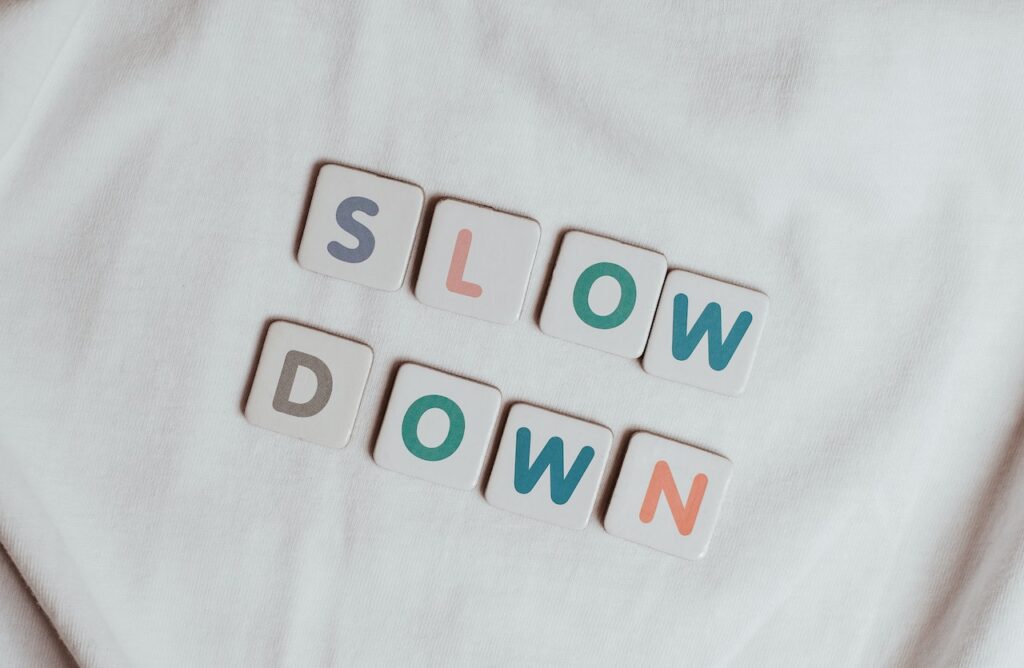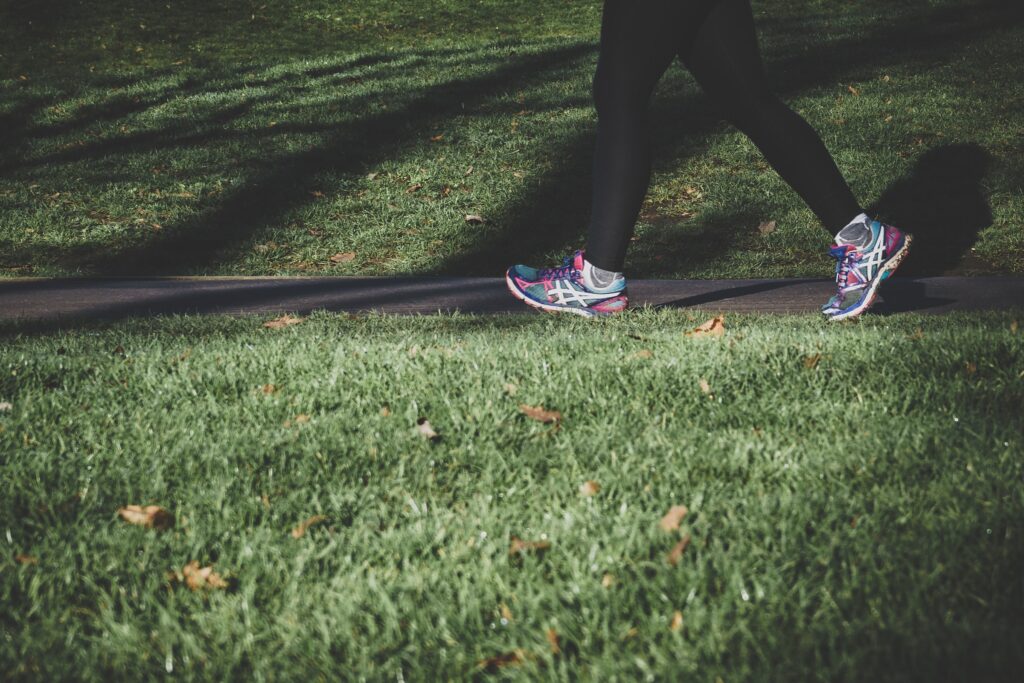How Do We Fall Asleep And What Happens When We Are Sleeping?
Lifestyle • September 21, 2022 • 10min read
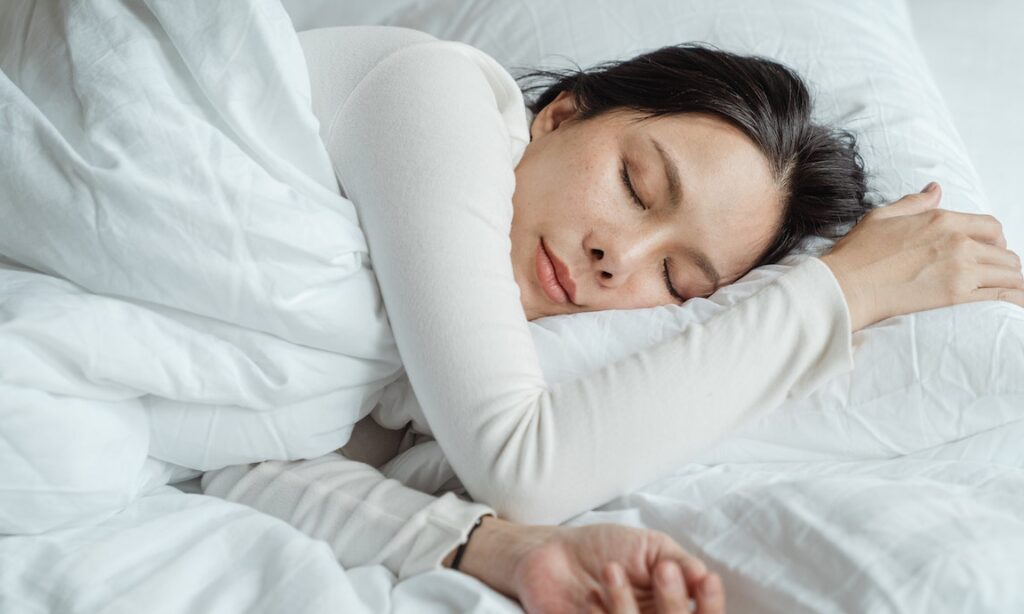
Highlights
- Sleep takes up to 30% of the human lifespan, yet conveys numerous health benefits
- A good sleep amount is crucial for the brain’s and body’s stabilized activity
- We pass through 4-6 sleeping cycles, each of them consisting of 4 important stages
- Along with increasing the immune system resilience, sleep impacts the body’s health in dozens of other ways
- Our sleep is mostly regulated by the sleep hormone melatonin, the production of which decreases with age. But there is a way to boost it for sounder sleep
- Scientifically proved and self-experienced tips may help you improve your sleeping patterns
Introduction
Have you ever noticed a quick drop in temperature while you are sick after you get a sound sleep? Or maybe you felt a physical pain release with a good night’s slumber? And while you are stressed, exhausted, or feeling ill, your body craves sleep even more, and this is not for nothing.
Many mental and physical improvements got related to sleep. Earlier scientists believed that sleep is a passive state of our brain and body when nothing significant happens to the individual. However, new research shed light on the healing effects of sleep and the destructive outcomes because of its absence. Although we spend 33% of our lifespan sleeping, its main biological purposes are not yet fully established.
In this article, we are going to elaborate on the stages of sleep, and how each of these stages affects the human body. Plus, we will give you practical tips to help you improve your sleep and health.
What Are The Sleeping Stages And What Happens With The Body During Each Stage?
As with any other complex body activity, sleep also consists of several mechanisms and stages. Every stage of sleep is crucial, and every hormone involved in the process of putting us to sleep has its benefits for the human body. But before diving deep into the health benefits of sleep, let us understand how we fall asleep.
We fall asleep gradually and the organ that plays the main role is the hypothalamus. This is a very small part of the brain that sends signals to our brain and body to relax and sleep. Hypothalamus receives signals about light exposure through the cluster of cells called the suprachiasmatic nucleus (SCN).
SCN then sends signals to the pineal gland located in between the two hemispheres of the human brain. This process activates the production of the sleep hormone called melatonin reacting to the light and inducing sleep during dark hours.
The average sleeping period is 7-9 hours depending on age. While newborns need up to 14 hours of sleep to produce growth hormone, with age people tend to sleep shorter needing 7-8 hours.
As usual, you go through 4 to 6 sleeping cycles, each of which lasts approximately 90 minutes. Yet, the length of these cycles may vary among people of different ages, also caused by various health disorders or lifestyle patterns.
During each of these cycles, your brain goes through 2 main stages of sleep: REM (rapid eye movement), and non-REM. Orchestrated by your brain waves (gamma, beta, alpha, theta, and delta) you are driven through 4 stages known as N1, N2, N3, and REM sleep.
During the N1 non-REM stage, the body is in a state of relaxation and “letting it go”. While you may feel that you are still awake during these stages, your body is actually getting ready for sleep by maintaining a slow heartbeat, balanced breathing, and slow eye movement. This stage is also called light sleep which takes 5% of your night sleep.
The N2 or stage 2 is also a non-REM sleep period when the body temperature drops, and the heartbeat is still slow. This stage lasts 25 minutes during the first sleeping cycle and eventually takes up to 45% of the night’s sleep. Stage 2 is known as a deeper sleep state. Studies show that during this 2nd stage of non-REM the brain manages to consolidate procedural and declarative memory. This is when your brain keeps the necessary information and gets rid of the redundant.
The N3 stage is the deepest non-REM sleep phase. During this phase, your body is fully relaxed, your muscles rest, and your heartbeat and breathing are at their lowest. This stage is very important for restoring the energy for wakefulness in the morning and a sharper mind during the day.
It is hard to wake up while at the N3 stage. Yet in case external occurrences or sleep deprivation cause sudden wakefulness at this phase the probability of contracting cognitive dysfunctions, sleepiness, and brain fog is high. This stage takes up to 25% of the night’s sleep and is vital for restoring the body’s regular functioning, strengthening the immune system, and producing growth hormones important for healthy aging.
The REM stage happens 90 minutes after we fall asleep and is characterized by a quick movement of eyes under closed eyelids, faster heartbeat, and breathing. Most of your dreams happen during this sleeping phase. And for your safety not to act out your dreams your arms and legs get paralyzed.
During the first sleeping cycle, this stage lasts 10 minutes, and throughout the next 3-4 cycles lengthens to be up to an hour-long making up to 25% of your total sleep. Spontaneous awakening is very possible at this stage due to nightmares and erratic movements of the body.
All of these stages of sleep play important role in regulating brain function and body health. Most importantly, if you miss one of these stages due to sleep deprivation, alcohol consumption, or even caffeine usage before bedtime you are guaranteed to be craving sleep or a nap the next day.
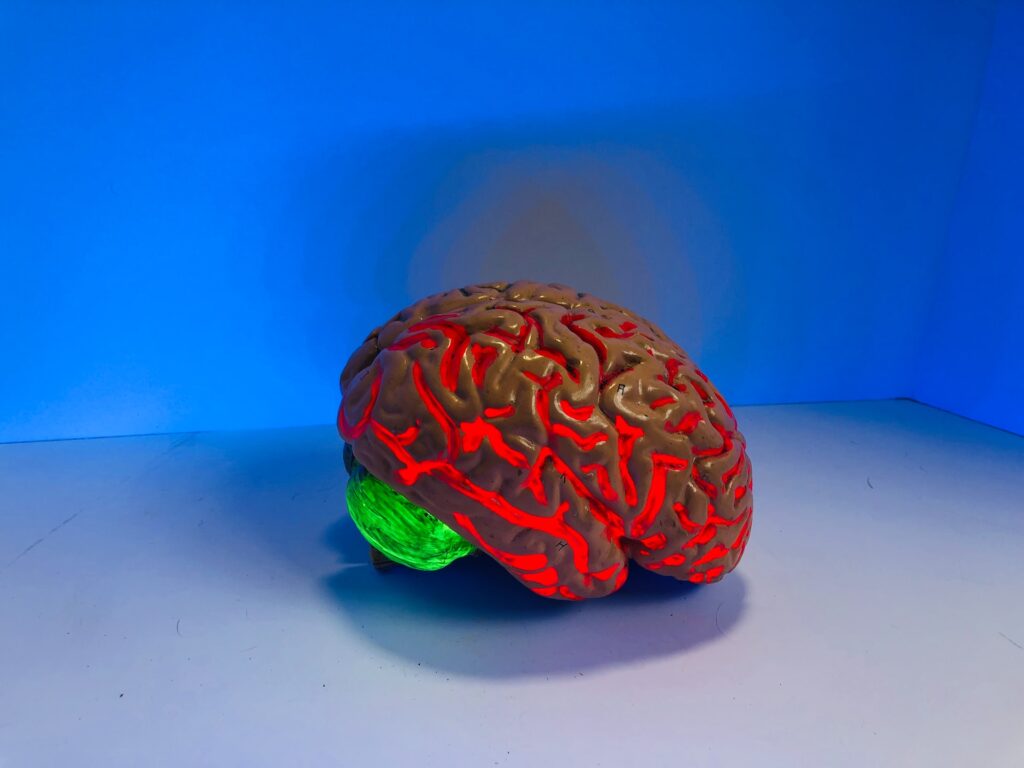
Yet, controlling your circadian rhythms and melatonin production may promote quality sleep and high brain activity the next day. Not only the brain clarity is dependant on sleep but numerous other body functions. Let us discuss what happens to our bodies when we are sleeping and what are the benefits of proper sleeping hours.
What Are The Healthy Effects Of Sleep?
Sleep deprivation and insomnia may have a variety of harmful effects on your heart, blood pressure, and lead to obesity and type 2 diabetes (T2D). Yet, exactly the opposite positive effects may be observed with scheduled sleeping patterns.
The mechanisms mentioned above are not the only aspects of healthy sleep regulation. Heightened or low levels of vitamins may also have beneficial or harmful results respectively.
Thus, a recent study demonstrated how low Vitamin B12 levels may devastate sleep patterns leading to insomnia. However, elevated B12 levels positively affect melatonin production and hence shorter sleep latency (period needed to fall asleep).
Another factor for an uninterrupted night’s sleep is NAD+ (nicotinamide adenine dinucleotide), which is a critical molecule for human survival. The NAD+ levels regulate the circadian rhythms and hence, balanced production of melatonin. But with its decline and circadian rhythms decay may cause unhealthy aging. Hence, boosting NAD+ and vitamin B12 levels may also enhance sleep quality.
With quality sleep, you may achieve such health advancements as:
- Immunity resilience: When you get enough sleep, especially in cold countries, your immune system gets stronger. Good sleep boosts antibodies production, cells, and cytokines that help you fight various viruses.
- Improved metabolism: Studies show how sleep duration may alter metabolic functions. Regular sleeping consisting of 7-8 hours shows beneficial results on glucose metabolism.
- Stress and anxiety: While lack of sleep may cause a spike in cortisol levels (stress hormone), enough sleep has the potential of balancing hormones release and relieving stress and anxiety.
- Diabetes prevention: The deep sleep phase or non-REM stage N3 is essential to protect you from high blood sugar levels. This is the reason why people with deprived sleep or sleep apnea (a serious sleeping disorder accompanied by snoring) are at high risk of developing diabetes.
- May prevent neurodegeneration: Studies demonstrated how deprived sleep may cause dementia and Alzheimer’s disease. As sleeping works as a cleanser for your brain consolidating memory, the lack or deprivation may result in cognitive impairments. Scientists believe that meticulously scheduled sleep may be a promising intervention to prevent neurodegeneration while aging.
Tips On How To Improve Sleep
The standard sleep latency (the span required to fall asleep) is 10-25 mins. If it lasts 30 mins or more you might experience insomnia, restless leg syndrome, or terrible headaches. Here are some tips and tricks to help you fall asleep faster.
- Avoid headphones, music, or audiobooks while sleeping. You may have heard that listening to books or learning languages during slumber firmly stamps the new information. Yet, while you are sleeping your brain needs total rest, while music or audiobooks may keep your brain active. Plus, this may cause “cat sleep” with frequent awakenings during the night and leave your energy drained in the morning.
- Do not set alarms before going to bed. Arrange your alarm on weekends or early in the daytime. This way you may not be bothered learning how many hours you are left to sleep.
- Do not create artificial jet lags for your body. Set default alarms to wake up at the same time on the weekends as on working days. Keep the regular schedule of getting your usual 7 or 8 hours of sleep for the whole week. This way you will not be obliged to get used to new sleeping-waking patterns.
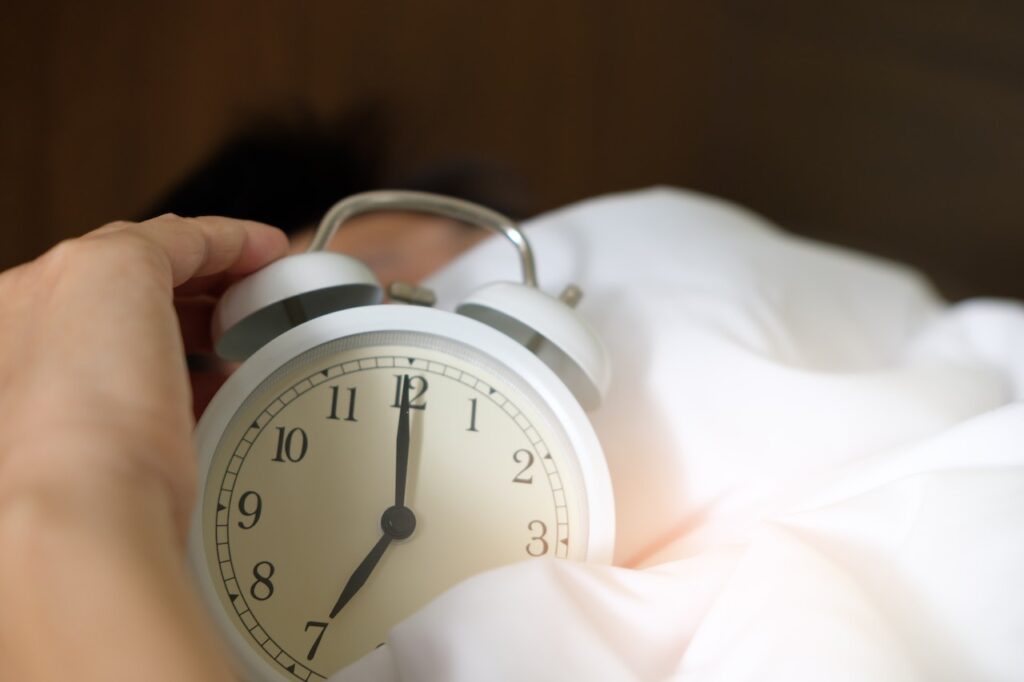
- Do not take long naps. Naps may feel good if you missed some hours from last night’s slumber. However, longer naps may continue the line of longer sleep latency and even cause sleep deprivation. If you feel drowsy during the day 7 minutes of a nap may be sufficient to regain the energy.
- Do not eat before bed. Eat your last meal at least 4 hours before sleep. If you eat before sleep (even a small portion of light food) your brain will not rest but regulate the food digestion.
- Do not overthink about getting enough sleep. Blaming yourself for going to bed too late and overthinking about fewer sleeping hours remaining will cause stress. This may lengthen your sleep latency and may even cause insomnia.
- Breathing exercises may put you to sleep. Unwinding before bed is one of the main tips sleep biohackers use. And one of these popular exercises to help you relax before bed is mindful breathing. Breathing exercises will help not only relieve stress but also help you get ready for deep sleep with a brain rich in fresh oxygen.
Final Words
Sleep structure is multilayer and scientists spend their awaken hours studying this complex mechanism deeper. But we know that it is important to regulate your circadian rhythms to gain sounder sleep at night and wake up energized for a new day. Plus, human health is strongly associated with sleep.
There are numerous scientifically proven methods to help you sleep better along with advanced gadgets improving your sleep schedule. Moreover, your body naturally contains the necessary sensors and melatonin – sleep hormone production helping you get a healthy amount of daily slumber.
The release of this hormone is induced by properly settled circadian rhythms. The regulation of circadian rhythms, hence the melatonin production can be enhanced through a mindful approach to sleep for healthy aging.

